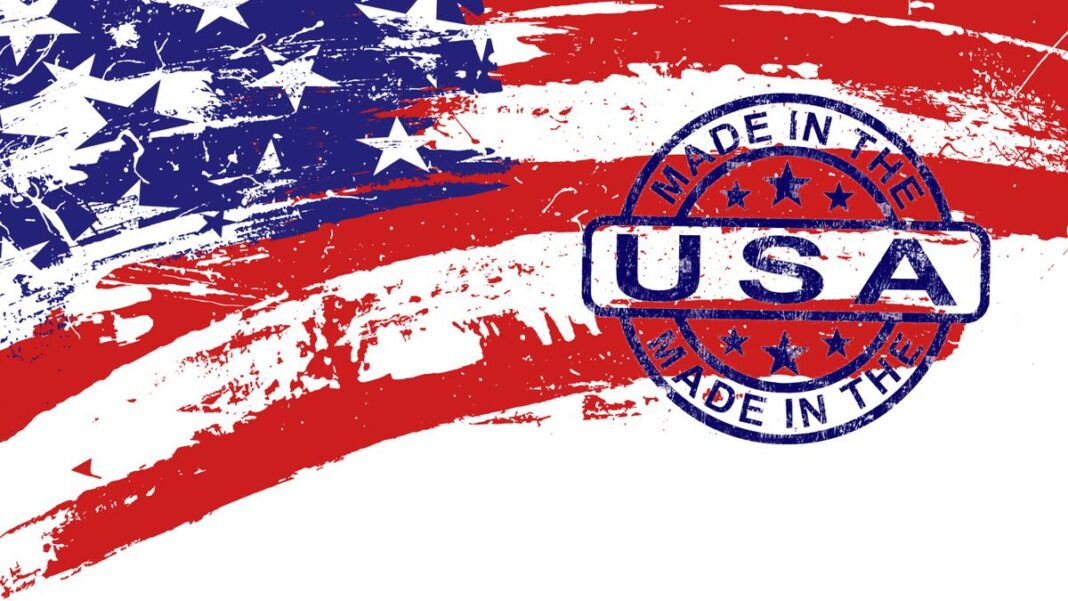Supply chain woes have more companies eyeing manufacturing here at home
It wasn’t long ago that Sherman, Texas, might have been best known as the birthplace of Buck Owens, the late country-and-western star, or as the home of Austin College, one of the state’s oldest colleges. More recently, however, the city of nearly 44,000 people located about 65 miles north of Dallas has had something else to brag about: a growing reputation as a center of high-tech manufacturing.
In June, Taiwan-based semiconductor manufacturer GlobalWafers announced plans to build a state-of-the-art, $5 billion silicon wafer factory in Sherman, which beat competing sites in South Korea and Ohio for the facility. The plant will produce advanced, 300-millimeter wafers—which are currently manufactured in Asia—and could support as many as 1,500 jobs over time.
The GlobalWafers announcement came on the heels of Dallas-based Texas Instruments saying that it would put up as many as four new semiconductor (or chip) manufacturing plants in Sherman, potentially investing $30 billion and employing up to 3,000 people. Before selecting the North Texas city, the company had considered Singapore for the facilities, which also will produce 300-millimeter wafers.
The latest developments are a far cry from previous decades in Sherman, when factories there making surgical dressings and automotive glass products were shuttered, with some of the jobs going to other countries.
“We’ve suffered our ups and down,” Sherman Mayor David Plyler said. “But as the economy changed and we started telling our story, things turned. Now folks want to be here.”
Sherman’s success at luring new factories underscores how some cities and towns across the country are enjoying a manufacturing renaissance. That renaissance comes after the United States spent decades shipping manufacturing jobs overseas—mainly to lower-cost suppliers in East Asia, especially China. In 1990, the United States made 37 percent of the world’s computer chips, a figure that since has fallen to about 12 percent. Now, however, some of the manufacturing is coming back, promising communities new jobs and new life.
By Glenn Hunter








